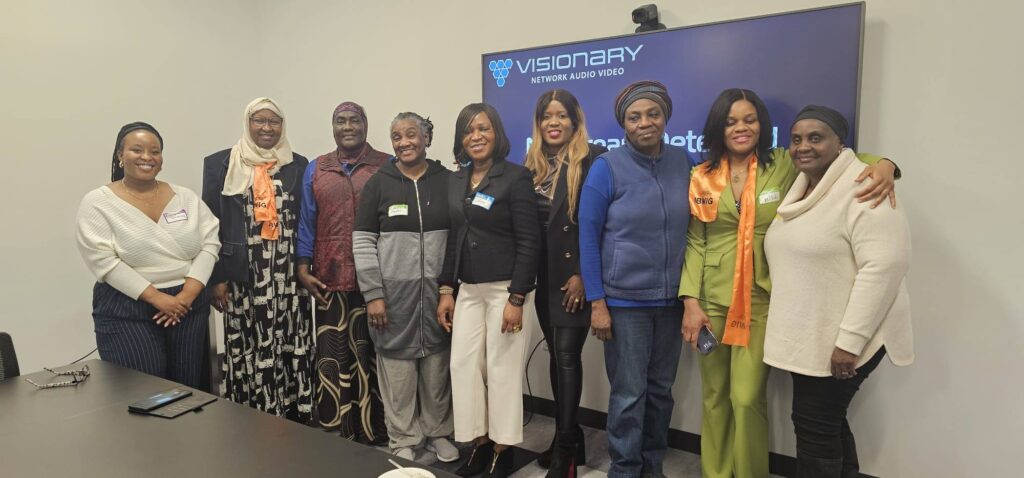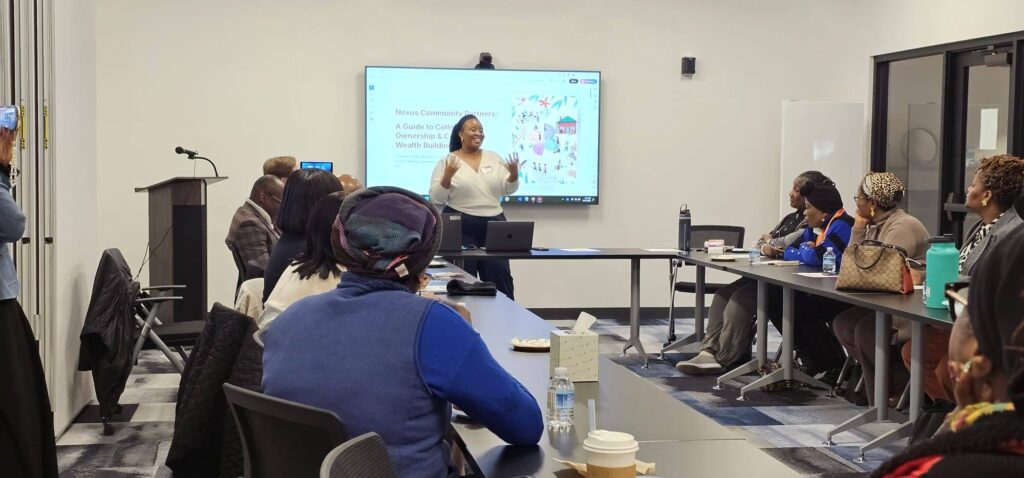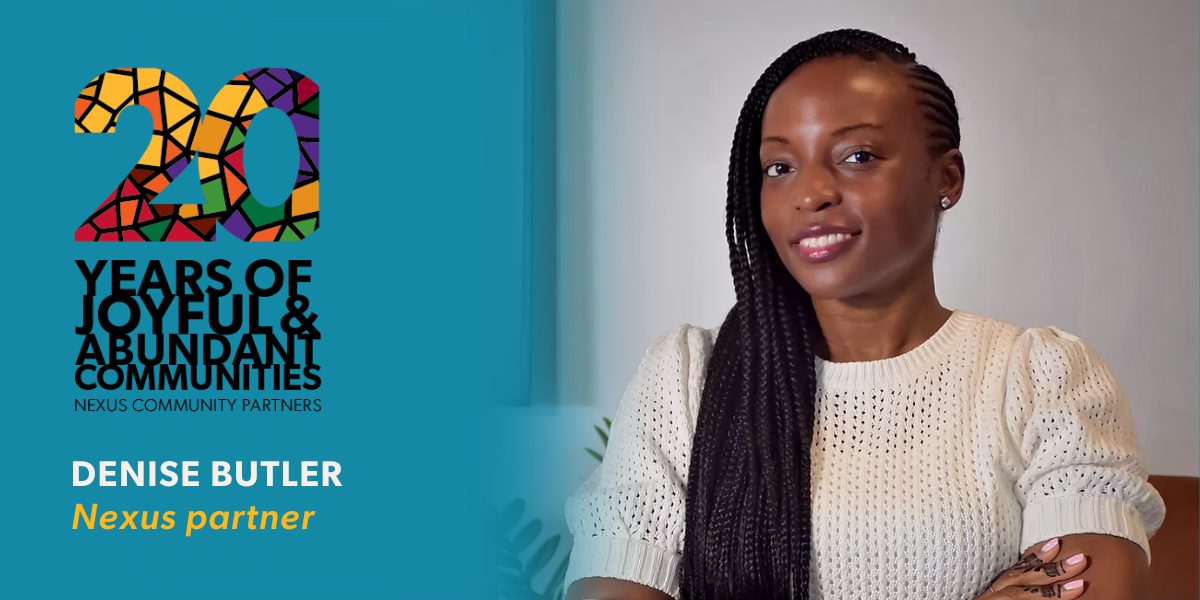Building Black wealth allows us to forge paths toward liberation on our terms. It’s the key to rebuilding our communities and reclaiming our right to self-determination. When we have access to an abundance of resources, we can foster collective healing, safety, care, and mutual aid.
Since 2023, the Open Road Fund has been helping create intergenerational Black wealth in Minnesota, North Dakota, and South Dakota—distributing $50,000 gifts to 200 people and counting. Recipients use these funds for projects centered around housing, education, financial well-being, healing, and economic justice.
Below, four awardees share their paths to building legacies for their families and communities.
Opening a Bookstore
“With the generous gift from the Open Road Fund, I intend to kickstart my bookstore business in Minnesota, dedicated to providing diverse literature, parenting resources, and fostering community engagement. I aim to achieve a successful and sustainable business within the first year, creating job opportunities for the local community, and promoting a culture of literacy and empowerment. I envision expanding the business’ offerings, accumulating wealth for my family, and leaving a legacy of education, representation, and financial security for the community, while continually investing in the local economy.”
Becoming Financially Stable
“My first priority is to pay off my credit cards and debts, which will allow me to increase my retirement fund contribution and make needed home improvements. I want to ensure that my home is stable and will last for decades to pass on to my son and grandchildren. I also plan to work with a trusted financial advisor to learn more about gaining financial stability, managing my income, and saving for retirement.”
Reclaiming Our Connection to the Land
“My goals are to teach Black youth how to live off the land, showing them the skills that our ancestors grew up knowing—hunting, farming, reaping the benefits of the land that they worked so hard on. I want the Black youth in my community to learn and understand about the Buffalo Soldiers and the history they still hold. I want to be able to leave my family with land and skills that they can pass on for decades. I want my kids and grandkids to have somewhere they can always call home as well as a place they can continue my legacy. I want to own a feed store as well, so locals can spend their money with me locally while creating jobs. My life, my family’s life, and the lives of the Black youth will change forever financially, mentally and physically. My life will be different because I will be the first person in my family to own land that my ancestors longed to have, and I will be able to inspire more Black people to own land and reap the benefits of the land.”
Buying a Home
“I plan to use the gift from the Open Road Fund to purchase a multifamily home. My primary goal is to provide a comfortable and affordable living space for my family as well as my sister’s family and children while she saves for her own home. This investment will not only support our families’ financial journey but also serve as an asset in my wealth-building strategy. Over the next year, I aim to identify a suitable multifamily property, secure financing, and facilitate our move. This project is not just about securing my financial future but also about providing essential support to my family.”
There will be six more rounds of the Open Road Fund, with a total of 800 gifts awarded by 2031. Applications reopen Juneteenth 2025!






